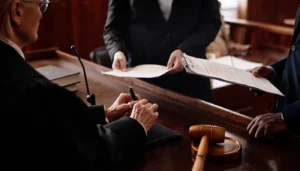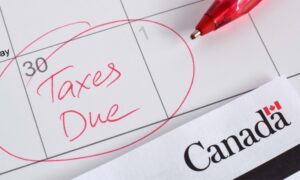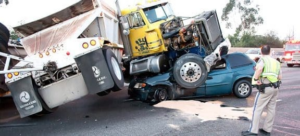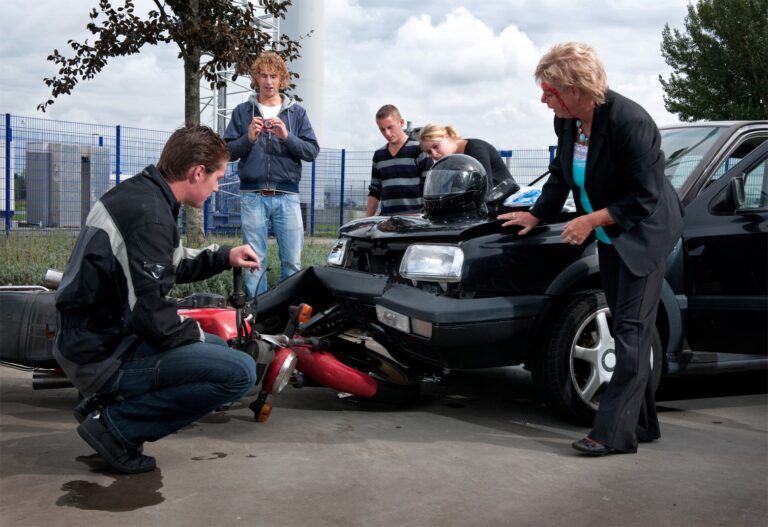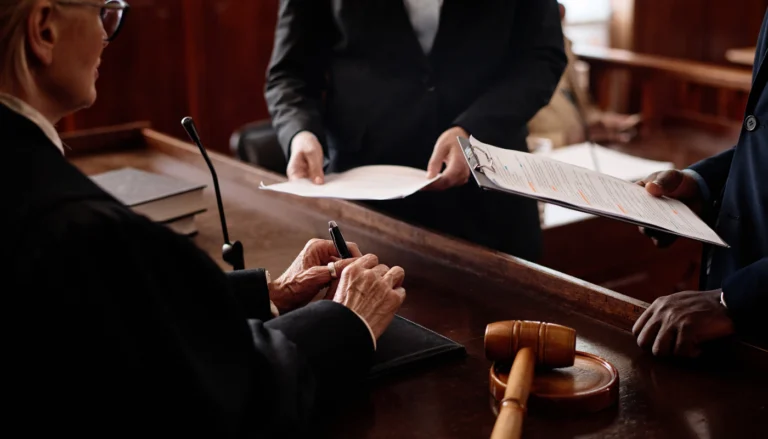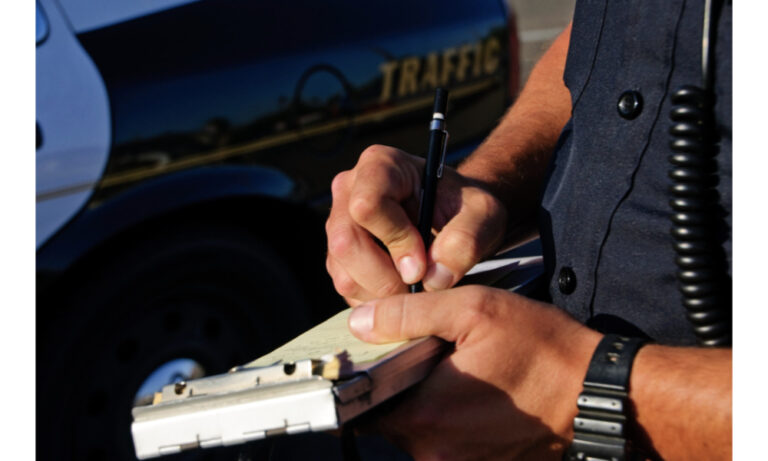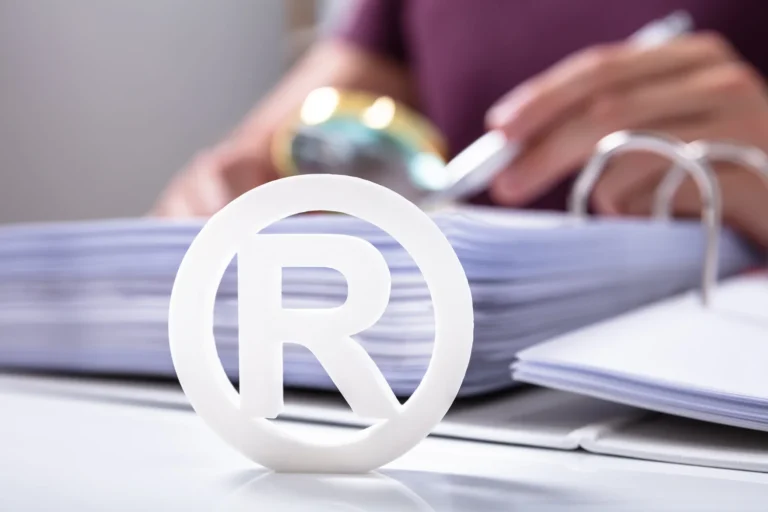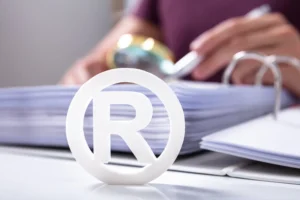Car accidents happen suddenly, often leaving people feeling disoriented, overwhelmed, and unsure of what to do next. Whether the crash is minor or severe, the steps you take in the immediate aftermath can significantly impact your health, safety, and any legal claims that may follow.
This guide provides a clear, practical checklist to help you protect yourself legally and ensure the best possible outcome if you’re involved in a car accident.
1. Prioritize Safety and Call Emergency Services
The first and most important step is to check for injuries. If anyone is hurt, call 911 immediately and request emergency medical services. Even if the injuries seem minor, it’s better to be cautious and get checked out.
If the vehicles are in a dangerous position and it’s safe to do so, move them to the side of the road. Turn on your hazard lights to alert other drivers.
Never leave the scene of an accident. In many states, it’s illegal to do so, especially if someone is injured or property damage has occurred.
2. Call the Police and File a Report
Even for minor accidents, it’s crucial to contact the police and request an officer to come to the scene. The responding officer will create an official police report, which may be critical later if you pursue an insurance claim or legal action.
Be polite and cooperative, but avoid admitting fault or making assumptions about what happened. Simply describe the events as clearly and factually as you can.
Ask the officer how you can obtain a copy of the report and make a note of the report number if available.
3. Document the Scene Thoroughly
Accurate documentation can make a big difference in how an insurance company or court interprets the accident. Use your smartphone to gather as much information as possible:
- Take photos of all vehicles involved, showing damage from multiple angles.
- Capture images of the surrounding scene: skid marks, traffic signs, road conditions, and any debris.
- Photograph any visible injuries to yourself or passengers.
- Take a picture of the other driver’s license plate.
If there are any witnesses, ask for their names and contact information. Their statements could be helpful later.
4. Exchange Information with the Other Driver
It’s essential to exchange the following details with the other driver:
- Full name and contact information
- Driver’s license number
- Insurance company name and policy number
- Vehicle make, model, and license plate number
Remain calm and civil during this process. Again, do not admit fault or argue about who caused the accident.
5. Seek Medical Attention Promptly
Even if you feel fine at the scene, it’s important to see a medical professional as soon as possible after the accident. Some injuries—like whiplash or concussions—may not show symptoms right away but can cause serious complications if untreated.
Medical records also serve as important documentation for any legal or insurance claim. Delaying treatment can weaken your case, as insurers may argue that your injuries weren’t caused by the accident.
6. Notify Your Insurance Company
Most insurance policies require prompt reporting of accidents. Contact your insurer as soon as you can, and provide accurate, detailed information about what happened.
Stick to the facts and avoid speculating. You do not have to provide a formal statement or sign anything without first consulting with an attorney.
7. Keep a Personal Record
Create a file with all documents related to the accident, including:
- Police report
- Medical records and bills
- Repair estimates
- Correspondence with insurance companies
- Photos and witness information
It’s also a good idea to write down your personal recollection of the accident while it’s still fresh in your mind. Include the date, time, weather conditions, and anything else you remember.
8. Consider Speaking With a Personal Injury Attorney
If the accident resulted in injuries, significant vehicle damage, or disputes about fault, it’s wise to consult with a personal injury attorney. An experienced lawyer can help you understand your rights, deal with insurance companies, and pursue compensation if necessary.
Legal guidance can be especially important if:
- You suffered injuries requiring medical treatment
- You’re facing time off work or loss of income
- The insurance company is offering a low settlement or denying your claim
- Fault is contested or unclear
Most personal injury attorneys offer free consultations and work on a contingency basis, meaning they only get paid if you win your case.
Final Thoughts
Being involved in a car accident is stressful, but knowing what to do in those critical moments afterward can make a significant difference in your physical recovery and legal outcome. By following this checklist, you’re taking smart, proactive steps to protect yourself and your future.
Don’t underestimate the importance of documentation, medical care, and legal guidance. When in doubt, take the extra step—your peace of mind and your rights are worth it. We recommend Compo Law Firm.


